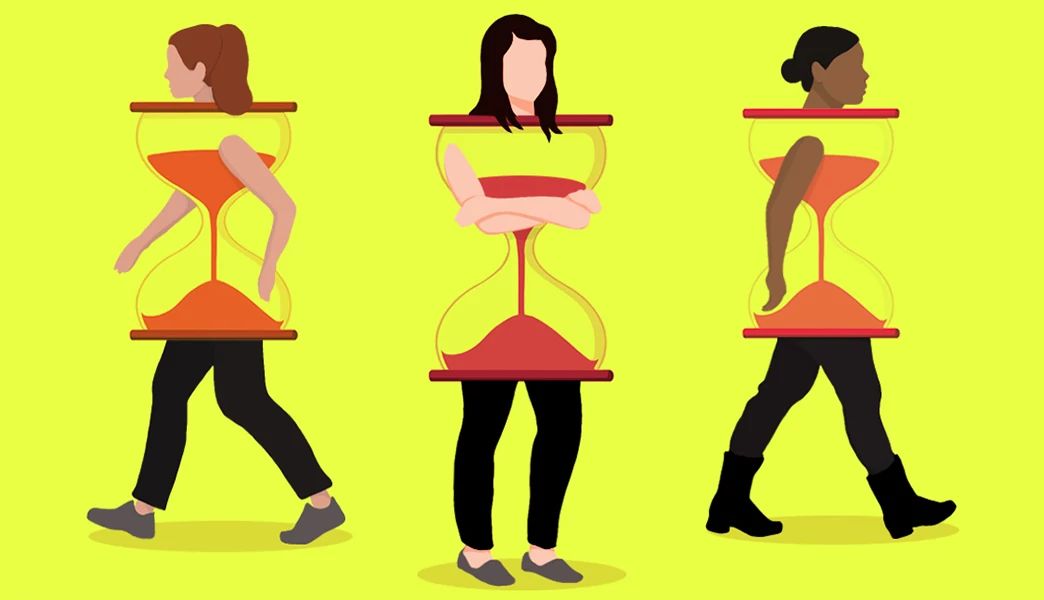Challenges


Do you find yourself snapping at your spouse or co-worker more than usual? Are you frequently losing your patience with your children or just losing your cool in general? Do you feel, at times, sad, irritable or angry? If you answered yes and you’re in your 40s or early 50s, chances are you’re in perimenopause.
Perimenopause is the transition stage to menopause. And menopause is when a woman has gone without a period for a full 12 months. The perimenopause transition, which can last from four to eight years, is when a woman’s hormone levels fluctuate before settling at lower levels post-menopause. Hormone fluctuations can make you more vulnerable to irritability, anxiety and impatience. The hot flashes and night sweats brought on by hormonal changes, which affect 80 percent of women, add their own challenges to sleep and mood.
But menopause is not the only thing women face in midlife. They may be caring for aging parents, moving their teens to college or welcoming them back home, or taking on more responsibilities at work.
Given this confluence of life events, it’s not surprising that 40 percent of women in the menopause transition report mood issues similar to premenstrual syndrome, or PMS. They experience irritability, weepiness, low energy and mood swings. Yet, many women don’t connect these feelings with menopause.
Unlike PMS, perimenopause-related mood symptoms are not tied to a monthly period. They can come and go for years without any pattern or trigger.
“I think some women have come to expect that they might have mood issues related to their menstrual cycles, but they don’t necessarily anticipate it during the menopause transition. It may be more unexpected then,” says Dr. Stephanie Faubion, director of the Mayo Clinic’s Center for Women’s Health and medical director for The Menopause Society, a nonprofit research organization for health professionals.
Who gets moody and why?
During perimenopause, women may experience a spectrum of mood issues ranging from minor to severe. For some women, hormonal changes make them more vulnerable to a major depressive episode, a severe form of depression, although most complaints are about mild to moderate changes in mood. Women who have had hormone-related mood changes, like PMS or postpartum depression, which occur during times when hormones fluctuate wildly, are at increased risk of mood issues during perimenopause, according to Faubion.







)





















More From Staying Sharp
Menopause, Brain Fog and the Workplace
Is your productivity taking a hit? There are strategies to help
Tips for Managing Brain Fog at Work
These simple steps may make work life a bit easier
Why You Shouldn’t Mix Menopause With Alcohol
Menopause and drinking is an unhealthy combination for mood and memory